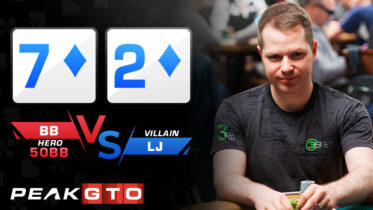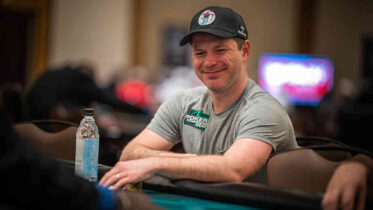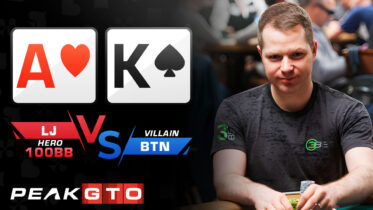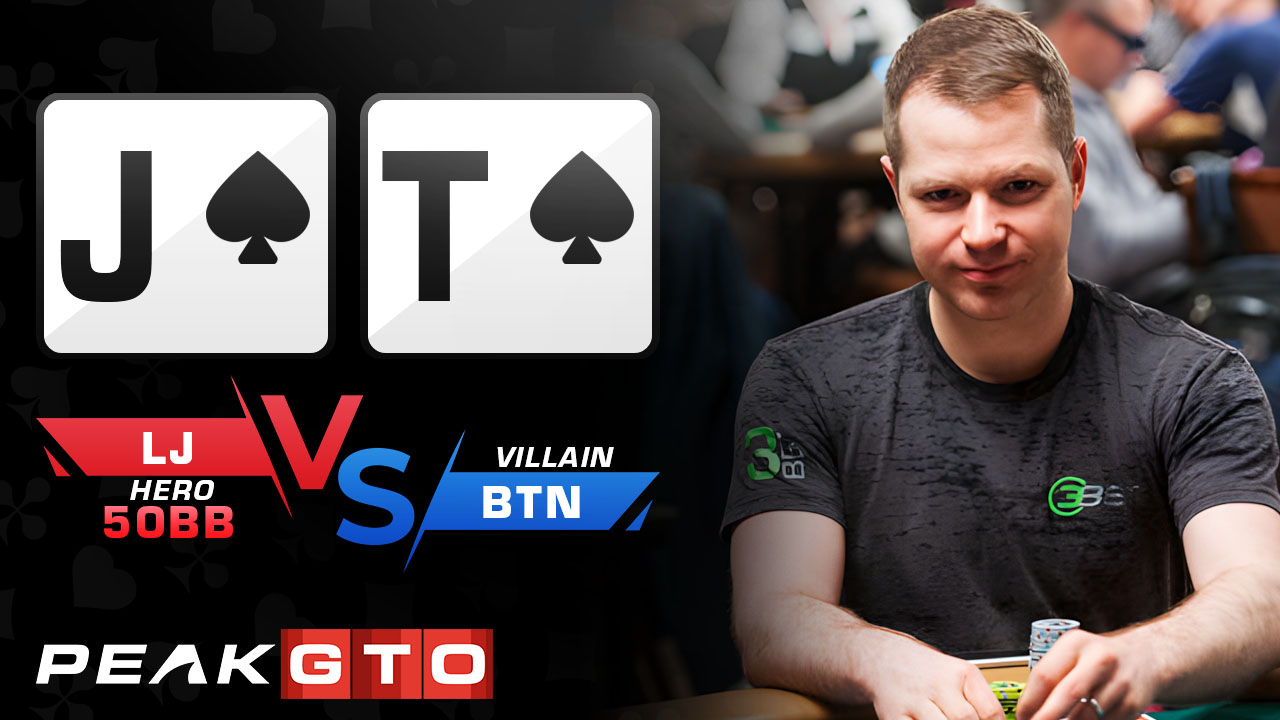Whether in life or in poker, if you want to get what you desire, you have to have a plan. Blind vs. blind play is a common spot for players to make mistakes and to give away a lot of their chips and equity. The result is a negative spillover effect for avid multi-tablers. The more frustrated you get, the more likely you are to make mistakes. So how exactly do you approach blind vs. blind play so you can have complete confidence and peace of mind to avoid making critical errors?
Have A Plan Before You Open From The Blinds
The importance of having a plan and looking one-to-two steps ahead is one of the best edges you can have over your opposition. You have a limited number of options available to you when it’s your action: fold, call, check, bet or raise – and when you factor in your opponent’s counteractions, they become two-pronged options (raise/call). Below are the most common options for big blind vs. small blind play, assuming that your opponent’s stack size is such that if they raise, it’ll put them all-in:
- Raise/Call
- Raise/Fold
- Limp/Call
- Limp/Raise
- Limp/Fold
- Fold
- Open/Shove*
*If you’re worried about your ability to stick to the plan or that you may have some misguided change of heart once your opponent acts, eliminate the big decision making by open/shoving profitable pushes. If a hand has a positive EV or a +chip EV to shove, go for the no brainer reaction and open/shove. Keep it simple.
Before the action makes its way to you, determine which of the above options is best for every situation – cards, opponent, stack size. Get to know your opponent because there is no universal hand to category situation; it differs from opponent to opponent. It’s your job to allocate hands to categories before the play makes it to you because poker is a lot like chess; it favors those that play two-steps ahead. If not, you may find yourself under pressure and having to make clutch decisions – a tactic better left to experienced professionals. Know precisely what you’re going to do before your opponent acts. This way, you’re not reacting to them; they’re playing along with your plans. The best plans are rooted in math or sound reasoning and allow you to make the right decision rather than acting on your gut feelings.
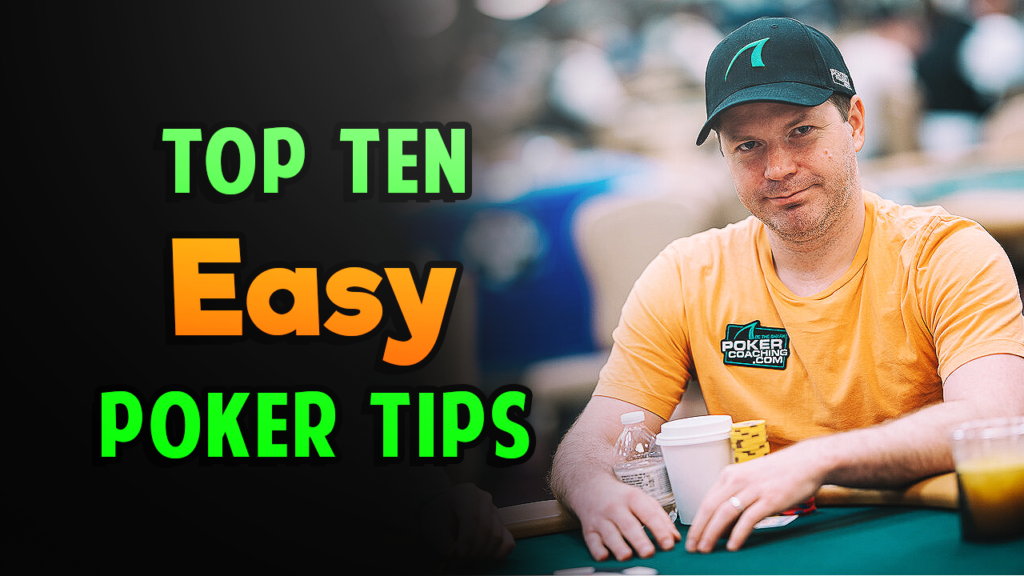
Crush cash games and poker tournaments with Jonathan Little’s Top Ten Poker Tips.
Stick With The Plan
You made this plan for a reason, so stick to it! Don’t second guess yourself, or you may live to regret it. It’s as simple as raising with the intention of calling. The hands you plan to call or fold with all depend on your opponent, along with some other factors.
Factors That Should Impact Your Plan
There are certain factors that you should build into your plan to ensure you stick with your original plan!
Opponents Stack Size
Against certain stack sizes, you’ll want to apply a lot of pressure. Prime example, if your opponent has a 15-25 BB reshove stack and they know how to use it, raising to steal from them isn’t necessarily the best idea.
Opponents Position In The Field
If your opponent feels they are in a good position in the field, they value cashing, or if they want to move up the payout structure, they are less inclined to get into a confrontation. In these cases, you want to apply more pressure.
Stage Of The Tournament
How strong a chance does your opponent have at winning the tournament? It’s key that you pay attention and get to know your opponents. So even when you’re not playing a hand, pay attention, it’ll help you identify who to steal from. It will also help you develop your reads.
Aggressiveness Of Opponent From The Blinds
Against more aggressive, knowledgeable and capable players, you’ll call off with more hands than you would against a tighter player. Against a tighter player, you’ll be raise/folding more hands and raise/calling fewer. The irony is that you’ll be raising more hands overall because your steals will be more successful against a tighter player.
Blind vs. Blind Play
If you do your homework, study poker strategy, and figure out a plan for each strategic option, against the different types of players, things are going to get really easy for you. Having a plan also reduces the chances of making critical errors during gameplay and increases your odds of gaining what you want on and off the felt.

